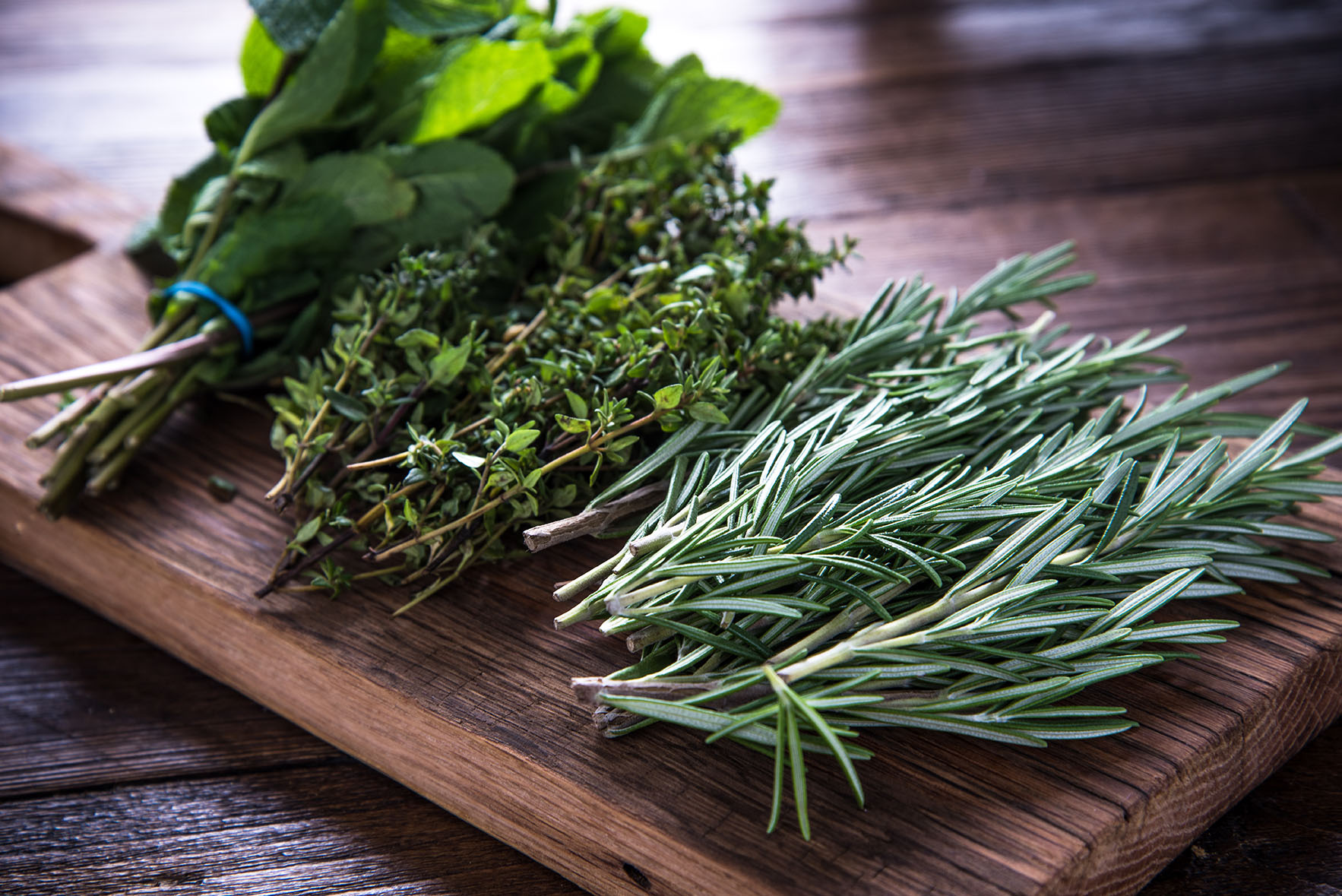
herb
Definition
A herb is a plant that has a distinctive flavour and aroma, and that is used for its medicinal properties. Herbs are typically non-woody plants that grow from a single root or stem. They can be annuals, biennials, or perennials.
Herbs are classified as either culinary herbs or medicinal herbs. Culinary herbs are used for their flavour and aroma in cooking. Medicinal herbs are used to treat a variety of health conditions.
Some common culinary herbs include basil, cilantro, oregano, parsley, rosemary, sage, and thyme. Some common medicinal herbs include chamomile, ginger, garlic, lavender, peppermint, and turmeric.
Herbs can be used fresh, dried, or powdered. They can be added to food, and drinks, or used to make topical applications. Herbs can also be taken as capsules, tablets, or tinctures.
Herbs are a safe and effective way to add flavour, aroma, and health benefits to your life. However, it is important to consult with a healthcare professional before using herbs if you are pregnant, breastfeeding, or have any underlying health conditions.
How can the word be used?
The doctor prescribed a herbal remedy for the patient's cold.

Different forms of the word
Noun: herb.
Adjective: herbal.
Adverb: herbally.
Verb: herbalize.
Etymology
The word "herb" comes from the Latin word "herba", which means "grass" or "green plant". It was first used in English in the 14th century to refer to any plant that is not a tree.
Question
What are herbs used for?
AQA Science Exam Question and Answer
Question:
Explain the role of herbs in traditional medicine and culinary practices, and discuss how their chemical compounds contribute to both flavour enhancement and potential health benefits.
Answer:
Herbs have been integral to both traditional medicine and culinary practices for centuries. In traditional medicine, herbs are used for their perceived healing properties, often based on ancient knowledge and cultural beliefs. Herbal remedies are believed to address various ailments, from digestive issues to stress relief. While some herbal uses have scientific backing, others are still being studied for their potential health benefits.
In culinary practices, herbs contribute flavours, aromas, and visual appeal to dishes. The volatile compounds present in herbs give them distinct tastes and scents. For example, the compound menthol gives mint its refreshing taste. These compounds interact with our taste buds and olfactory receptors, enhancing the overall dining experience.
Moreover, herbs contain various phytochemicals like antioxidants, flavonoids, and essential oils, which have potential health benefits. For instance, garlic is believed to have cardiovascular benefits due to its allicin content. Turmeric is known for its anti-inflammatory and antioxidant properties, attributed to curcumin.
It's important to note that while herbs can offer flavour enhancement and potential health benefits, their effects can vary based on factors like individual sensitivities and dosages. Balancing traditional wisdom with scientific understanding is key. In conclusion, herbs play multifaceted roles in traditional medicine and culinary arts, showcasing the intricate connections between culture, science, and well-being.